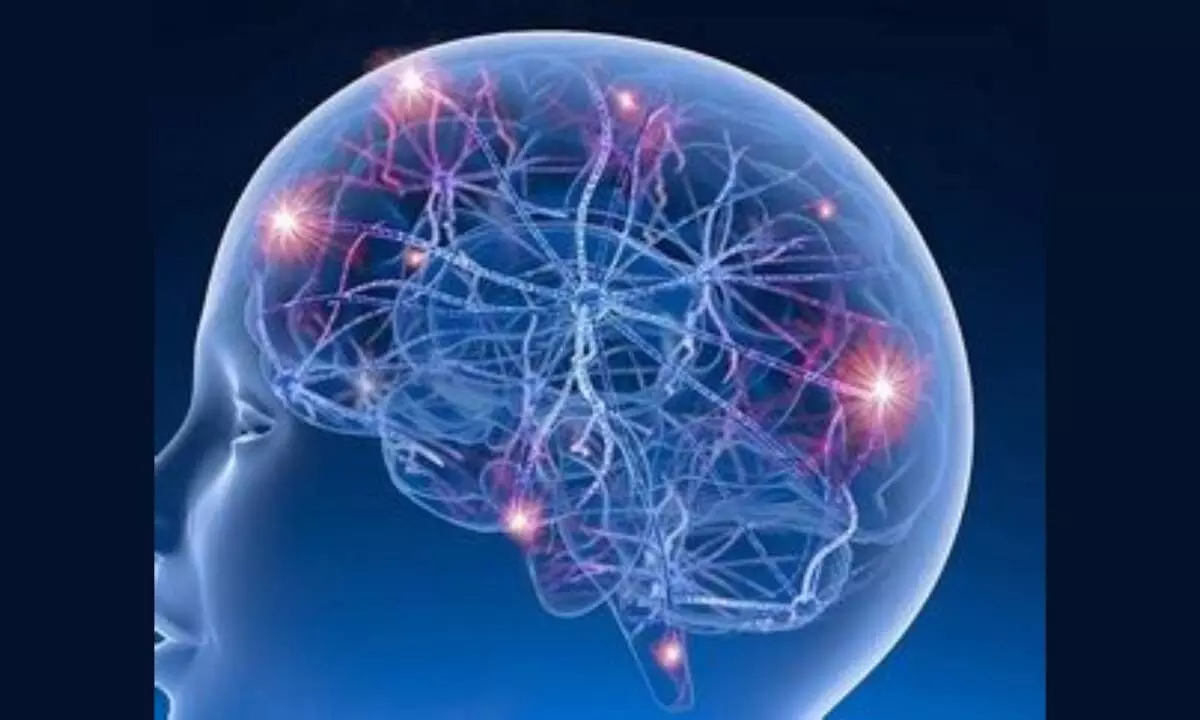Scientists link sleep, stress with epileptic seizures
Sleeping patterns and stress hormones could be the key to understanding how and when people with epilepsy are likely to experience seizures
image for illustrative purpose

London: Sleeping patterns and stress hormones could be the key to understanding how and when people with epilepsy are likely to experience seizures, a new study reveals.
Researchers at the University of Birmingham in the UK used mathematical modelling to understand the impact of different physiological processes, such as sleep and changes in concentration of the stress-hormone cortisol, on key signatures of epilepsy -- known as epileptiform discharges (ED).
Epilepsy is a serious neurological disorder characterised by a tendency to have recurrent, spontaneous seizures.
Classically, seizures were assumed to occur at random, until the discovery of ED activity with timescales that vary from hours and days through to months.
The scientists analysed 24-hour EEG recordings from 107 people with idiopathic generalised epilepsy and discovered two subgroups with distinct distributions of epileptiform discharges: one with highest incidence during sleep and the other during daytime.
Publishing their findings in PLOS Computational Biology, the team revealed that either the dynamics of cortisol or sleep stage transition, or a combination of both, explained most of the observed distributions of ED.
“Some 65 million people have epilepsy worldwide, many of whom report specific triggers that make their seizures more likely - the most common of which include stress, sleep deprivation and fatigue,” said lead author Isabella Marinelli, from the University’s Centre for Systems Modelling & Quantitative Biomedicine (SMQB).
“Our findings provide conceptual evidence that sleep patterns and changes in concentration of cortisol are underlying physiological drivers of rhythms of epileptiform discharges. Our mathematical approach provides a framework for better understanding what factors facilitate the occurrence of ED activity and potentially trigger the seizures which can be so debilitating for epilepsy sufferers,” she added.

